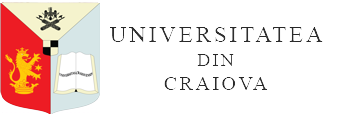ROBIN GEORGE COLLINGWOOD ON THE LOGIC OF TEXTUAL INTERPRETATION
DOI:
https://doi.org/10.52846/afucv.vi52.60Keywords:
Collingwood, hermeneutics, propositional logic, the logic of questions and answers, textual interpretationAbstract
The interpretation of written texts demands from the reader a certain hermeneutic methodology of reading. In this paper we aim to propose the logic of question and answer constructed by the British philosopher Robin George Collingwood as such an instrument. We seek to demonstrate his thesis through the four objectives we set out in this paper, namely (1) to clarify the context in which the idea of such a logic arises; (2) to what extent it differs from ordinary logic as a discipline; (3) to examine whether Collingwood is a revolutionary in this field; and finally (4) to discuss the principles according to which this logic of question and answer operates. The manner in which we approach these issues is intended to make this paper an illustration for the discussion at hand. The consequences of such an approach are welcome as they are hermeneutical in nature, not only facilitating the interpretation of textual materials, but above all helping the reader in understanding them. Thus, the present study can be of value and is helpful to the reader interested in dealing with a wide range of texts, especially those in the [human] spiritual and social sciences.


